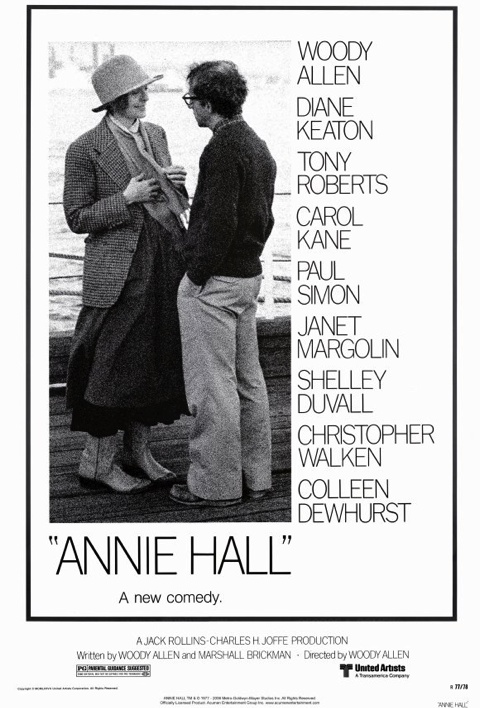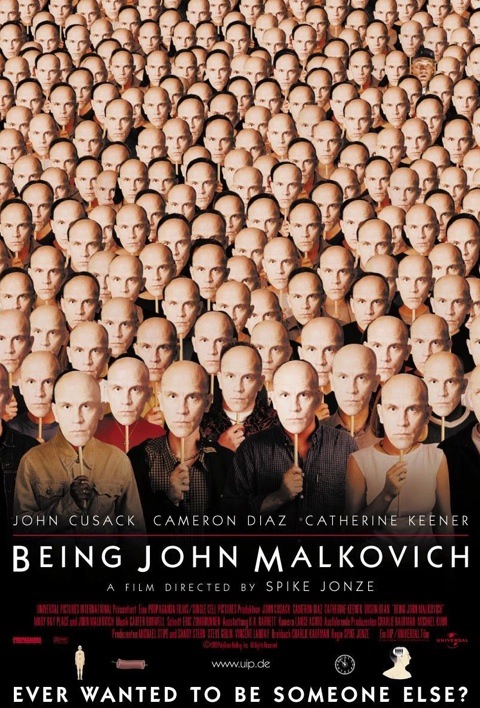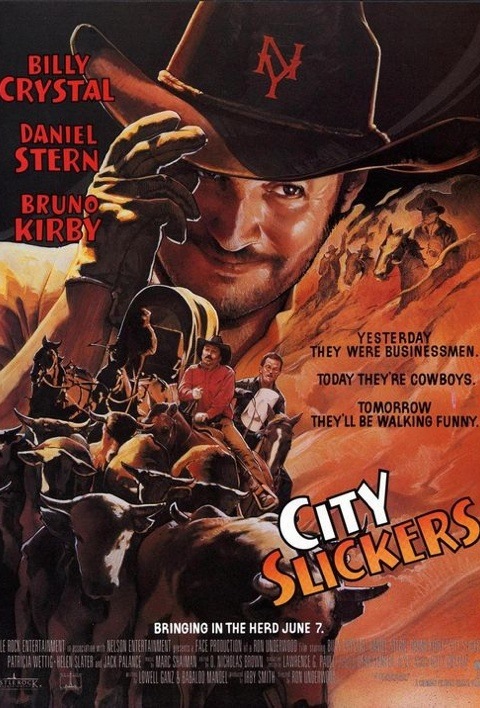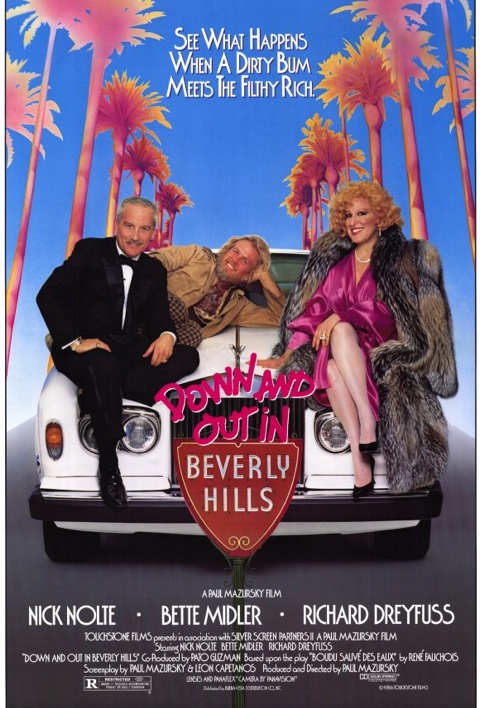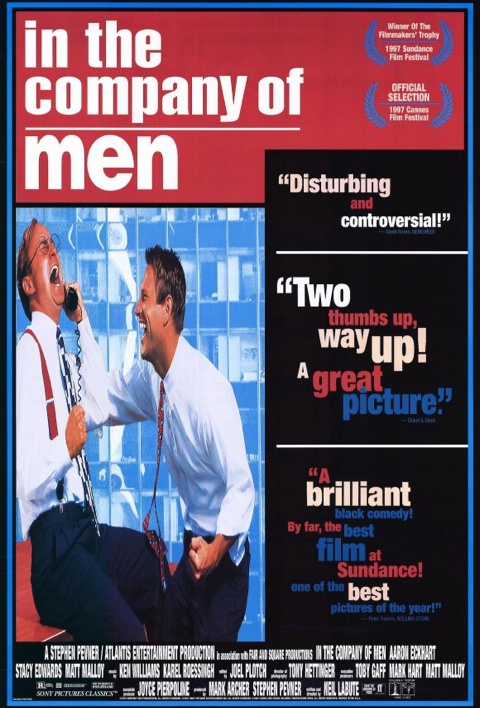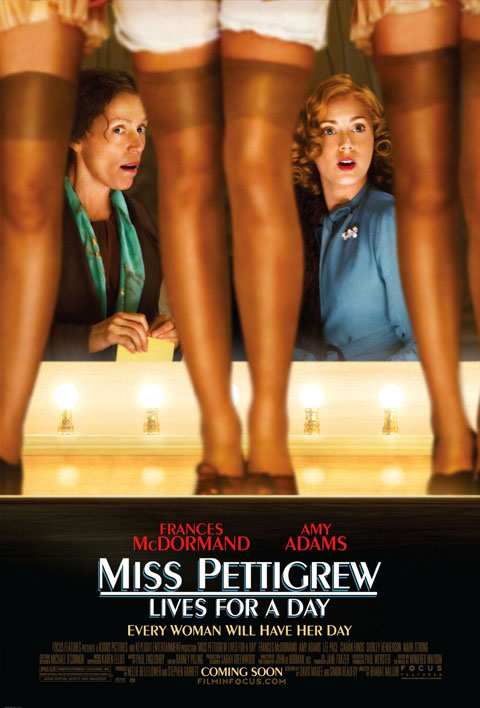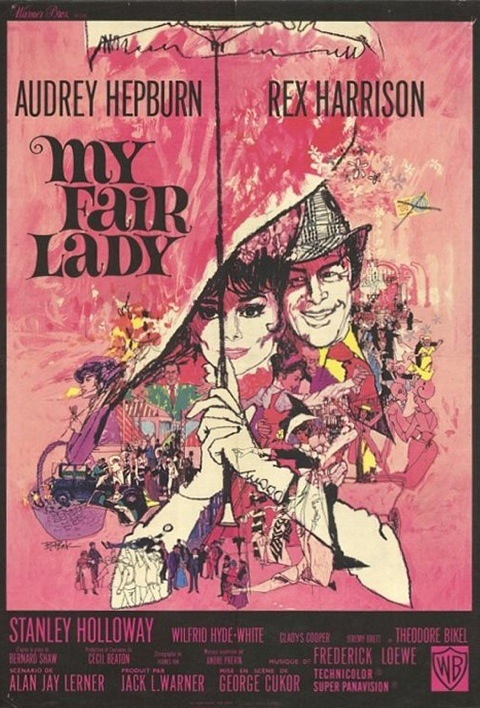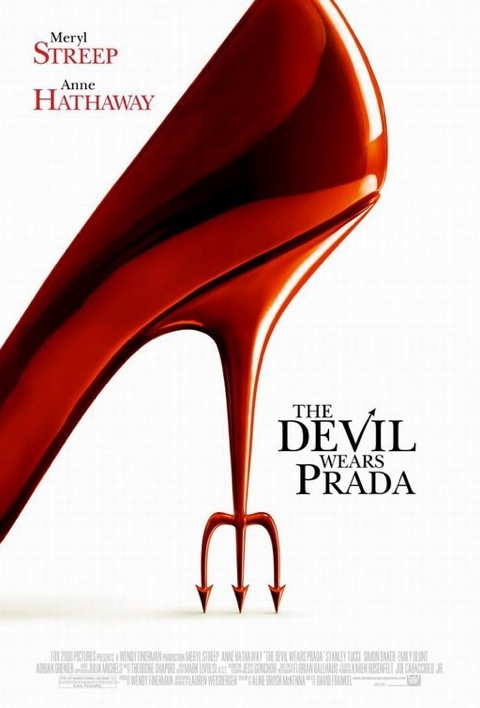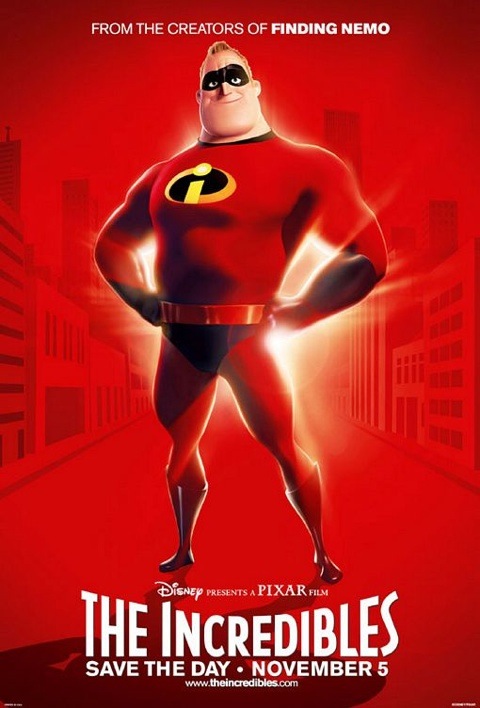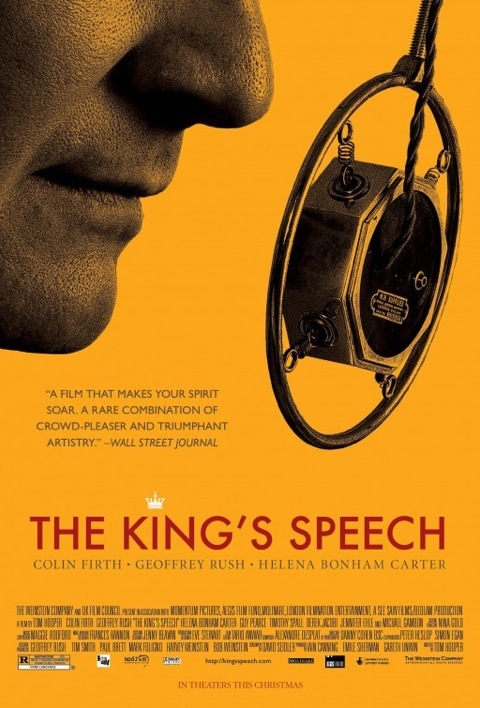Being
Overall Story Concern
In each of the stories below, the area of greatest concern for everyone in the story seems to be temporarily adopting a lifestyle (OS Concern: Being). This also happens to define the nature of the main story's Goal and gives an idea as to what every character will be working towards or away from. In a general sense, the Overall Story Concern simply helps focus every character on the story's central conflict.
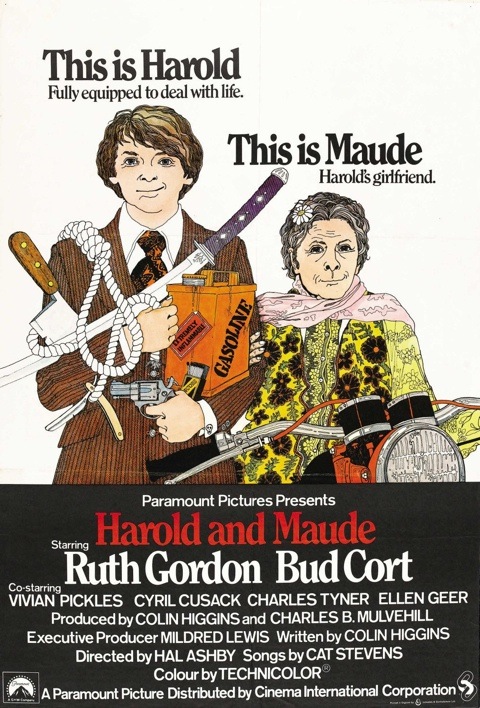
Harold and Maude
Everyone wants Harold to live his life in the way they recommend: Mrs. Chasen wants him to marry a nice young woman and drive a nice sports car; Uncle Victor wants him to “take on a man’s job” in the Army and die for his country “like Nathan Hale”; the priest wants Harold to marry someone who can give him children; the psychiatrist thinks Harold’s “alienation from the regular social interaction” can be isolated and coped with; Maude encourages Harold to embrace life and growth and love, like her.
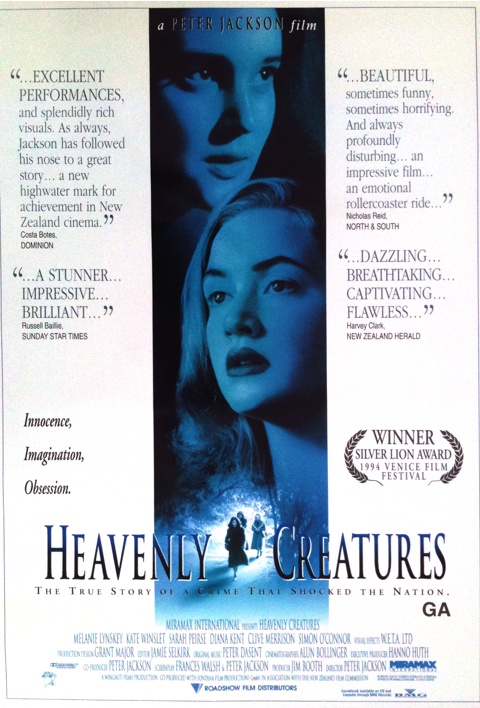
Heavenly Creatures
Pauline and Juliet can’t imagine existing without each other, and inhabit a fantasy world where their parents don’t exist; Juliet’s parents continue to keep up appearances as a married couple, even though Mrs. Hulme has moved her lover, Bill, into their house; Pauline’s parents want her to go on being the good schoolgirl, seemingly unaware of the effects adolescence has on her; Juliet keeps pretending everything’s all right with her parents’ marriage; Pauline acts as if Juliet’s parents want her to live with them; etc.

Lolita
Most of the objective characters are intent on playing a specific role which masks the reality of their characters. Humbert comes across as a worldly aristocratic intellectual (which he really is) and loving and kind husband and stepfather, (which he really isn’t). Charlotte is very concerned about her role of upper class matron, speaking poor French and slavishly following the advice of women’s magazines. Lolita, of course, must juggle many roles: the average American preadolescent unconcerned with academics and keenly interested in movie stars, food, and clothes—“She sees herself as a starlet . . .” (Nabokov 61). This is her surface role, the one under normal circumstances she would have, and should have, been allowed to follow exclusively. Other roles forced upon her are the jaded and bored prostitute and the deadened, helpless, despairing child who “would mail her vulnerability in trite brashness and boredom” (Nabokov 259). Quilty is indeed a brilliant playwright, which masks his drugged out private diversions. Gaston Godin appears as a jolly and competent French teacher, yet he also has a secret predilection for young boys. Valeria first appears to Humbert as “a pale little gutter girl,” but later is a “large, puffy, short-legged, big-breasted and practically brainless baba” (Nabokov 27). (The amiable but ill-used Rita, the pedestrian Farlows, and Lolita’s young husband Dick, are exactly who they appear to be.)
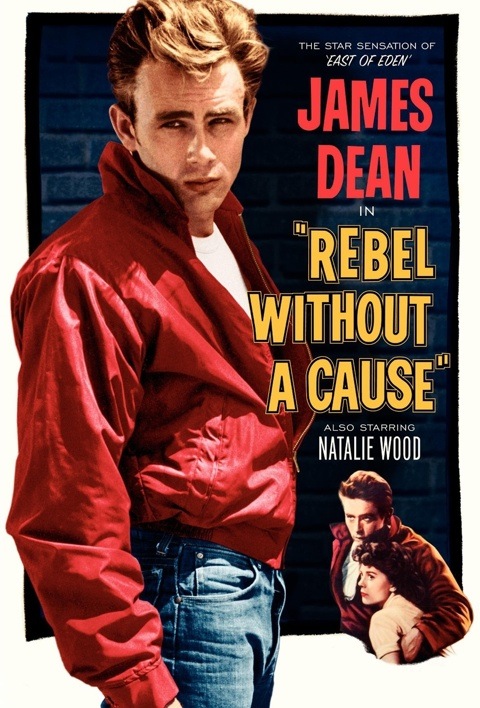
Rebel Without a Cause
The teen characters are concerned with what it means to be a teenager. One way this is illustrated is in their “uniform” attitude: “Their clothing is not uniform—it is the air they assume . . . swaggering, self-conscious, piratical” (Stern 22); Buzz and Judy are big wheels on campus; Jim and Judy pretend to be married and Plato pretends to be their real estate broker; Plato wants Jim and Judy to be his family; Judy’s father ponders the complexity of being a father to a sixteen year-old girl, when it appears so easy to be a father to a little boy; Jim and Frank act buddy buddy; Jim’s grandmother puts on an act at the police station that everything is all right with Jim: “He’s always been a lovely boy” (Stern 17); Jim confronts his mother when she acts as if their family is not involved with the tragedy of Buzz’s death: “A boy was killed! I don’t see how we can get out of that by pretending it didn’t happen” (Stern 72); Judy sobs to the juvenile officer:
Judy: He calls me a dirty tramp—my own father!
Ray: Do you think your father means that?
Judy: Yes! I don’t know! I mean maybe he doesn’t mean it but he acts like he does. (Stern 5)

Tootsie
The objective characters are concerned with who Michael really is; Sandy wants to be a full-time actress, and Michael’s only girlfriend; Jeff wants to be a successful playwright with a drama starring Michael; George wants to quit acting like a referee between Michael and the producers who hire him; Julie wants to be herself and be able to demand more from men, but is afraid she’ll be alone if she does; John Van Horn would be delighted to be Dorothy’s one-night-stand.

